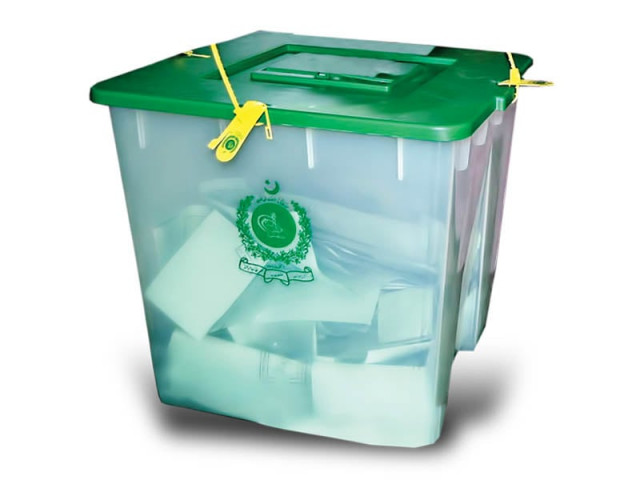The need for free and fair polls
One could say that fair elections also require a firm writ of the state, which does not seem to exist in Pakistan.

One can say that Pakistan is in for tough times in governance as the bipartisan system crumbles and makes way for multi-party coalition politics after 2013. But these Third World oddities aside, the CEC has his plate full: the new computerised electoral rolls have to be issued with, hopefully, no glitches, while he is “still trying to understand the working of the Election Commission and to acquaint himself with the difficulties faced by the election staff”. Predictably, he found the staff quite experienced and competent. He is thinking of visiting all the provinces and meeting the election staff there to assess what, if any, operational changes needed to be made.
Already new issues are being raised regarding electoral supervision. The Supreme Court has removed the election manpower borrowed by the Election Commission from the judiciary, which means that the entire national-level exercise will be dependent on the provincial bureaucracies. Columns have been written and a former Election Commission official has gone on record having said that these bureaucrats could be biased. This precisely means that the ruling parties in the provinces will likely be able to somehow influence the conduct of polls in their favour, while the caretakers are running the country.
It is also assumed that the manpower drawn from the magistracy will not be biased. In fact, the PPP might see the old system as being biased against it and could be happy about the Supreme Court removing its manpower from the election process. The action taken by the Court could actually mean that it does not want the odour of partiality to cling to the electoral process in 2013. The ex-official of the Election Commission who brought up the point could be speaking from a position that the PPP could already be regarding as partial. Of course, the option of calling out the army is there.
Mr Ebrahim’s presence is already a guarantee for fairness because he is trusted to blow the whistle when he sees anything being ‘fixed’ at any level by anyone, including feared interference with the election commission’s computer. He is a legal mind with a broadness normally required to understand Third World fallibilities when it comes to voting. Rules are going to be broken, especially when it comes to spending money beyond the limits fixed by electoral law. He will surely take into account the new habits developed by the electorate, like voters not coming to polling stations unless transported from their homes and given food during travel.
The most serious problem will relate to the carrying of weapons and firing them off by supporters, whose rivalries are on short fuse. The capacity of the police to cope with weaponisation is by now well known: they are less well armed than the supporters of political parties. In Karachi, law and order has been destroyed by the citizens’ resort to arms and the coming elections could prove to be more problematic there than in the past.
Finally, there is the factor of terrorism to be considered. Al Qaeda-linked terrorists are following an agenda of intimidation through bombing. It is quite clear that some parties will be safe because of the foreign policy stance they have adopted, while others could be targeted. One could say that fair elections also require a firm writ of the state, which does not seem to exist in Pakistan. About that, the CEC can hardly do anything.
Published in The Express Tribune, July 30th, 2012.














COMMENTS
Comments are moderated and generally will be posted if they are on-topic and not abusive.
For more information, please see our Comments FAQ